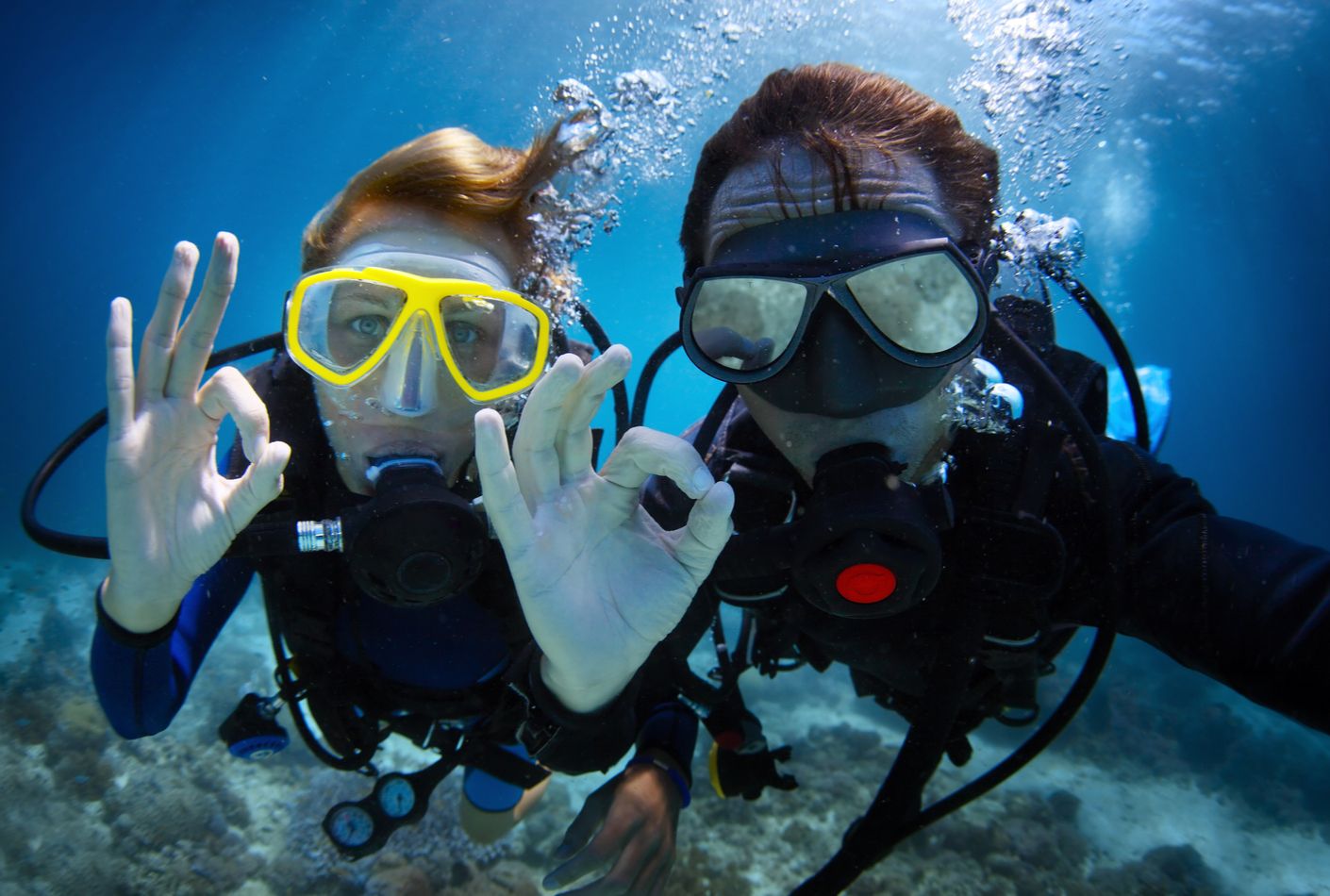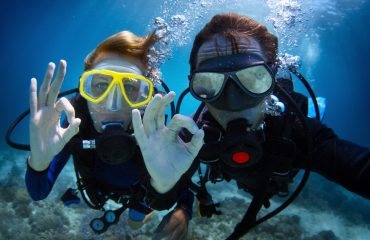A DIP INTO THE PAST
Archaeo-scuba diving adventure & guided tour of Baia
- Enjoy an exciting scuba diving experience and swim through the underwater ruins of the ancient Roman town of Baia
- Discover the fascinating history of the Phlegrean Fields, a massive volcanic caldera which originated 39,000 years ago
- Admire the remains of ancient villas and thermal baths, once favourite hideouts of prominent Roman personalities
-
Category
-
Hobbies & Interests
-
DurationFull day
-
Destination
A DIP INTO THE PAST
Archaeo-scuba diving adventure & guided tour of Baia
Plunge into the omniscient waters of the Mediterranean Sea on an exciting archaeological scuba diving adventure. You will have the once-in-a-life-time opportunity of swimming through submerged ruins dating back 2,000 years.
Meet your private guide and driver at your accommodation and set off for Baia. Along the way discover the gripping history of this broad strip of coastal land, extending to the west of the Gulf of Naples. You are indeed driving along the Phlegrean Fields – or Fields of Fire – a massive active volcanic caldera, consisting of twenty-four underground and underwater craters, as well as hissing fissures and fumaroles releasing jets of steam and sulphurous gases. Historians and scientists believe the caldera first erupted 39,000 years ago and the explosion was so devastating that it triggered a climate catastrophe leading to the extinction of the last of the Neanderthals. Here the ground heaves and sinks periodically, a terrifying sign that somewhere in the depths of the earth, a supervolcano is gathering strength. Magma cyclically accumulates inside and empties out of a large subterranean reservoir, causing the ground above to lift and then subside – a phenomenon known as bradyseism.
What led the ancient Romans to settle here and turn this perilous territory into a chic holiday retreat is still something of a mystery. The therapeutic properties of its thermal waters, splendid seascape views, glorious climate and fertile soil must all have contributed to the lasting popularity of the area. Baia was once an upscale vacation spot for wealthy families where the most prominent Roman personalities – Emperors Julius Caesar, Nero and Hadrian included – spent their leisure time and built luxurious summer palaces. In the 16th century due to bradyseism phenomena the land dropped more than six metres and many of Baia’s treasures vanished under the waters, only to be rediscovered in 1969. Today a portion of the excavation site rests on the seabed and can be visited on thrilling guided scuba diving excursions, led by professional authorised instructors. Those wishing to explore this submarine park without a scuba diving certificate may enjoy an equally rewarding snorkelling experience. Underwater highlights still miraculously surviving beneath the sand include the remains of Emperor Claudius’ nymphaeum, ruins of thermal baths, a 180-metre stone road, mosaic and marble floors, columns and crumbling foundations of ancient shops.
Back on land, after some free time for lunch, explore the ground level wonders of Baia. The excavation site features impressive ruins of terraced villas, sumptuous imperial mansions, thermal structures and cisterns, evidence of the prevalence of remarkable building and engineering skills at this early date. Your guide will lead you through what is left of this once fashionable residential resort and help you piece together a vivid, intriguing scene of ancient Roman holiday life.
- A Mercedes vehicle and professional driver at your disposal for a full-day excursion to Baia from Naples
- A private expert licensed guide at your disposal for the entire duration of the experience
- A half-day scuba diving experience with an expert instructor
- Entrance tickets to the underwater archaeological park and archaeological complex in Baia
- Tips
- Meals
- The order of the sites visited may change
- The scuba diving experience is subject to sea and weather conditions
- During summer underwater visibility might be limited
- A scuba diving certificate is required
- Snorkelling excursions can be arranged as an alternative to scuba diving



